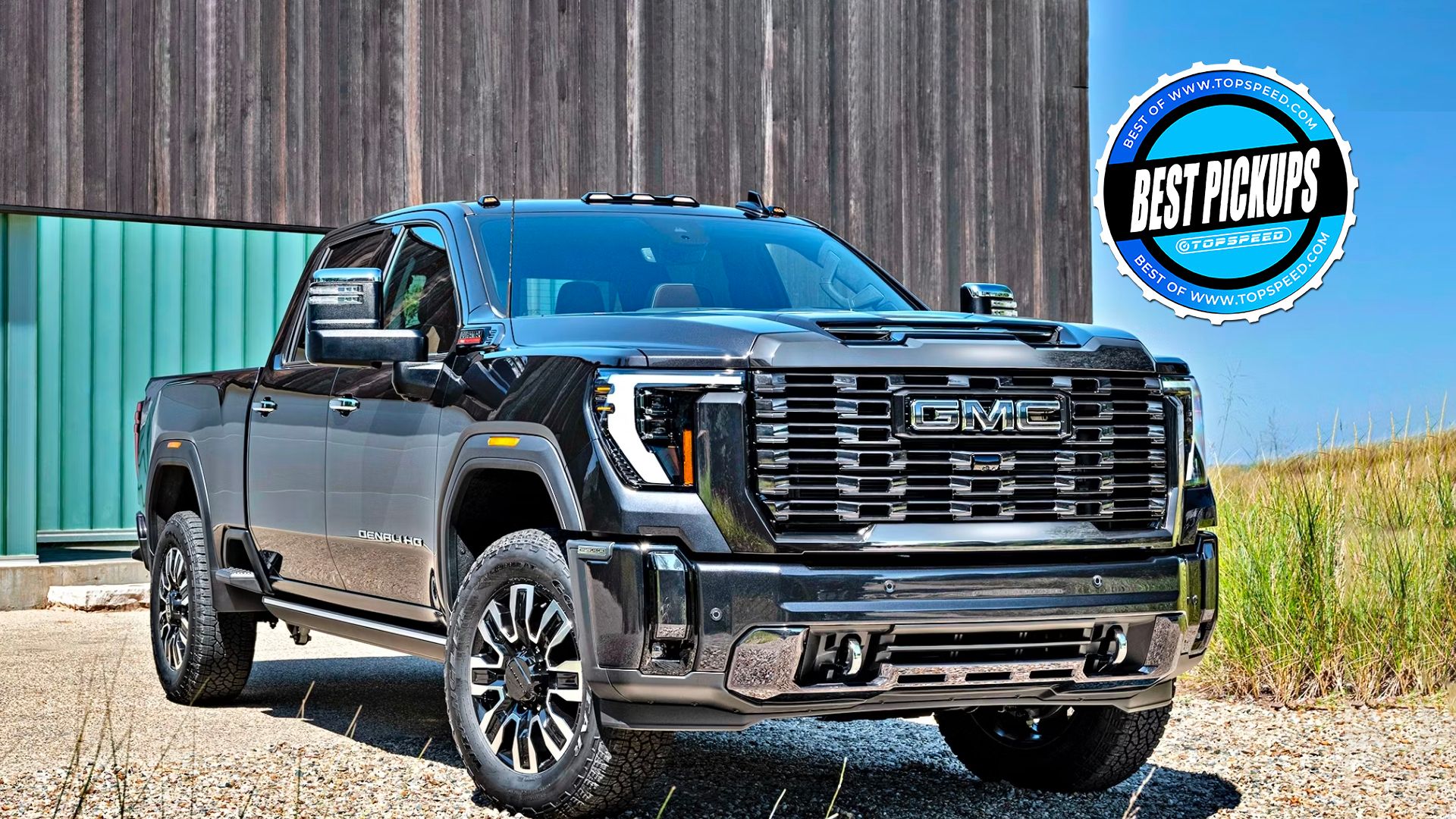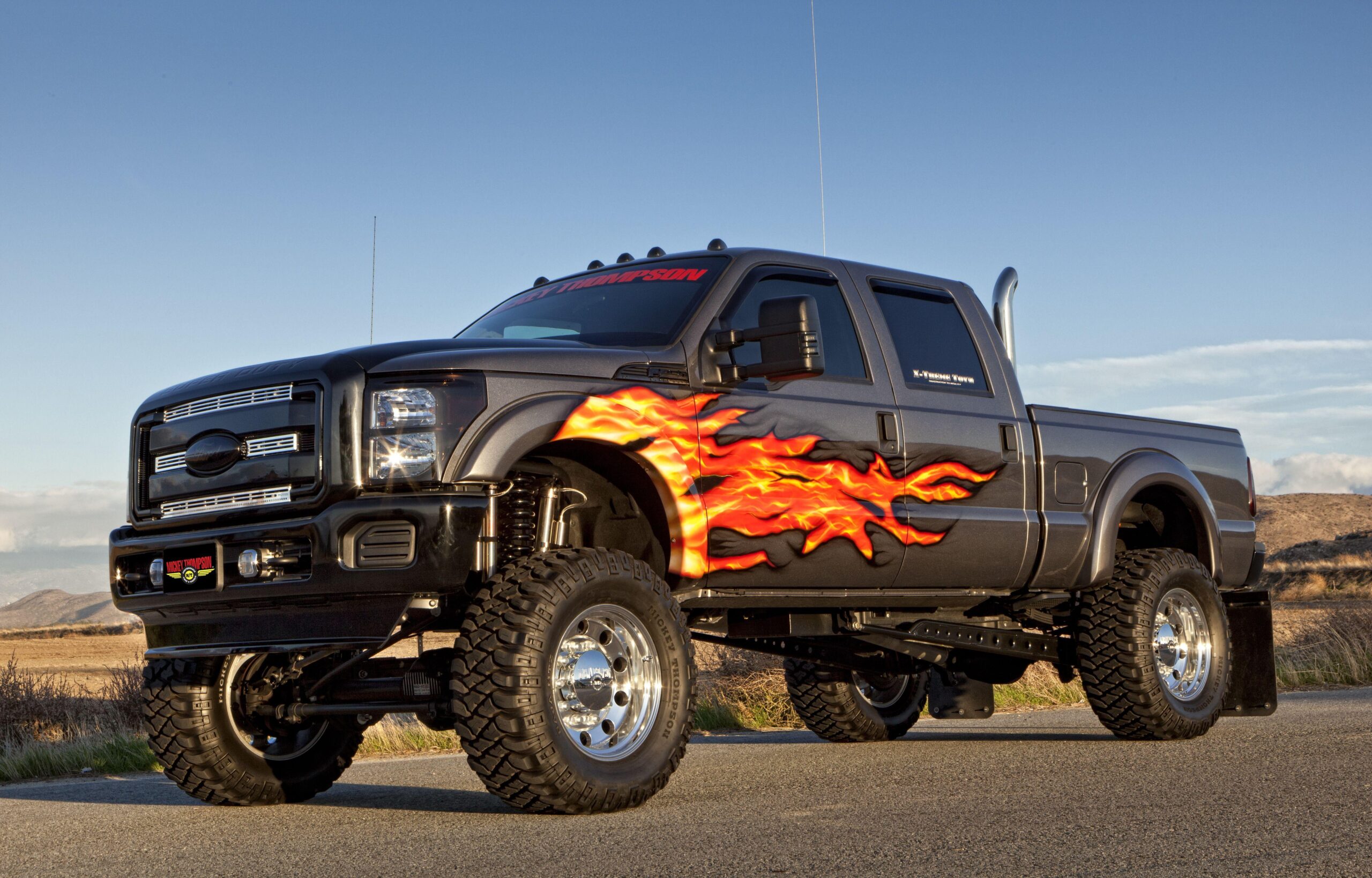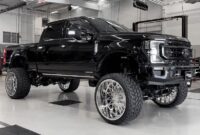Trucks For Sale 3500: Your Ultimate Guide to Heavy-Duty Hauling sale.truckstrend.com
The world of heavy-duty trucks is vast and varied, but few categories command as much respect and utility as the 3500 series. When you see "Trucks For Sale 3500," you’re looking at a class of vehicles engineered for serious work, immense capability, and unwavering reliability. These aren’t just larger versions of everyday pickups; they are specialized machines designed to tackle the toughest towing and hauling challenges, making them indispensable for commercial enterprises, serious recreational enthusiasts, and anyone who demands peak performance from their vehicle.
This comprehensive guide will delve deep into everything you need to know about 3500 series trucks for sale, from understanding their core capabilities to navigating the market and making an informed purchase. Whether you’re a seasoned professional looking to upgrade your fleet, a caravanning enthusiast needing to pull a massive fifth-wheel, or a homesteader moving heavy equipment, a 3500 truck offers the power and durability to get the job done.
Trucks For Sale 3500: Your Ultimate Guide to Heavy-Duty Hauling
What Defines a 3500 Series Truck?
At its core, a 3500 series truck (often referred to as a "one-ton" truck) signifies a heavy-duty pickup with superior Gross Vehicle Weight Rating (GVWR), payload, and towing capacities compared to its 1500 (half-ton) and 2500 (three-quarter-ton) counterparts. While specific numbers vary by manufacturer and configuration, 3500 trucks typically boast a GVWR exceeding 10,000 lbs and often reaching up to 14,000 lbs. This higher GVWR allows for significantly greater payload capacities, often ranging from 4,000 to over 7,500 lbs, and staggering towing capacities that can exceed 30,000 lbs when properly equipped.
Key characteristics that define a 3500 truck include:
- Robust Chassis and Suspension: Built with stronger frames, heavy-duty axles, and more resilient suspension components to handle extreme loads.
- Powerful Engine Options: Primarily offered with large displacement gasoline V8 engines or, more commonly, high-torque diesel engines. Diesel engines are favored for their incredible pulling power, fuel efficiency under load, and longevity.
- Enhanced Braking Systems: Equipped with larger, more capable brakes, often including exhaust brakes on diesel models, to safely manage heavy loads.
- Dual Rear Wheels (Dually Option): Many 3500 trucks come with or are available with dual rear wheels. This "dually" configuration provides increased stability, a wider footprint for better load distribution, and significantly higher payload and towing capacities, making them ideal for large fifth-wheel trailers or gooseneck setups. Single Rear Wheel (SRW) 3500 models are also available, offering a balance of capacity and maneuverability.
- Specialized Transmissions: Paired with heavy-duty automatic transmissions designed to withstand the immense torque and weight demands.

Key Benefits of Owning a 3500 Truck
The advantages of opting for a 3500 series truck are numerous, especially for those with demanding requirements:
- Superior Towing and Hauling Capacity: This is the primary reason most people choose a 3500. Whether it’s a large RV, a construction trailer, heavy equipment, or a substantial payload in the bed, a 3500 truck handles it with ease and confidence, reducing strain on the vehicle and increasing safety.
- Durability and Longevity: Built to withstand constant heavy loads and rigorous use, 3500 trucks are inherently more durable than lighter-duty models. Their robust construction often translates to a longer lifespan, especially when properly maintained.
- Versatility: Beyond just towing, 3500 trucks are versatile workhorses. They can be outfitted with various utility bodies, flatbeds, snowplows, or used as mobile workshops, making them adaptable for a wide range of commercial and personal applications.
- Enhanced Stability: The heavier chassis, stronger suspension, and often wider stance (especially with dual rear wheels) contribute to superior stability, particularly when towing heavy or unwieldy loads in varying road conditions.
- Strong Resale Value: Due to their specialized nature and the consistent demand from businesses and serious enthusiasts, 3500 trucks, particularly diesel models, tend to hold their value well over time.
- Customization Potential: The robust platform of a 3500 truck allows for extensive aftermarket customization, from performance upgrades to specialized equipment installations.


Navigating the Market: Where to Find Trucks For Sale 3500
Finding the right 3500 truck involves exploring various avenues, each with its own pros and cons:
- Authorized Dealerships (New and Used):
- Pros: Access to the latest models, manufacturer warranties, certified pre-owned options, financing assistance, professional sales staff.
- Cons: Higher prices, less room for negotiation on new models.
- Online Marketplaces and Classifieds: (e.g., AutoTrader, Cars.com, eBay Motors, Facebook Marketplace, Craigslist)
- Pros: Vast selection, ability to filter by specific criteria, competitive pricing, direct contact with sellers (private and dealers).
- Cons: Potential for scams, varying quality of listings, need to verify information independently.
- Specialized Commercial Truck Dealers:
- Pros: Often have a wider selection of heavy-duty trucks, including those with custom bodies, and staff knowledgeable in commercial applications.
- Cons: May focus more on fleet sales, potentially less consumer-friendly.
- Public and Commercial Auctions:
- Pros: Potential for significant savings, especially on fleet vehicles or repossessions.
- Cons: "As-is" sales, limited opportunity for inspection, competitive bidding, often requires cash payment.
- Private Sellers:
- Pros: Often lower prices than dealerships, direct negotiation, opportunity to learn about the truck’s history from the owner.
- Cons: No warranties, less recourse if problems arise, need to be vigilant about scams and title issues.
- Fleet Sales and Government Auctions:
- Pros: Well-maintained vehicles (sometimes), potential for bulk discounts, large inventory.
- Cons: Vehicles may have high mileage, limited configuration options.
Important Considerations Before Buying a 3500 Truck
Purchasing a 3500 series truck is a significant investment. Careful consideration of several factors will ensure you make the best decision for your needs:
- Budget: Beyond the purchase price, factor in insurance, higher fuel costs (especially for gas models), increased maintenance expenses (larger tires, more oil, etc.), and potential registration fees.
- Intended Use: Be precise about your primary use. What’s the maximum weight you’ll tow or haul? Will you use a fifth-wheel, gooseneck, or conventional bumper pull? Do you need a dually or will a SRW suffice? This will dictate engine choice, cab configuration, bed length, and drivetrain.
- Engine Type (Gas vs. Diesel):
- Gas: Lower upfront cost, less expensive maintenance, generally quieter. Best for lighter, intermittent towing, or if you prioritize initial cost savings.
- Diesel: Higher upfront cost, more expensive maintenance, better fuel economy when under load, incredible torque for heavy towing, longer lifespan, stronger resale value. Essential for consistent heavy hauling.
- Drivetrain (2WD vs. 4WD):
- 2WD: Lighter, slightly better fuel economy, lower cost. Sufficient for highway driving and light-duty work on paved surfaces.
- 4WD: Essential for off-road capability, adverse weather conditions (snow, mud), or towing on unpaved surfaces. Adds weight, complexity, and cost.
- Cab Configuration and Bed Length:
- Regular Cab: Two doors, single row seating. Maximize bed length, often for work.
- Extended Cab (Quad/Double Cab): Smaller rear doors, limited rear seating. A compromise between space and maneuverability.
- Crew Cab: Four full-sized doors, ample rear seating. Popular for families or work crews, but increases overall length.
- Bed Length: Short (approx. 6.5 ft) or Long (approx. 8 ft). Long beds are often required for fifth-wheel hitches and maximize cargo capacity.
- Maintenance History (for Used Trucks): A complete service record is paramount for a used 3500. Look for evidence of regular oil changes, transmission fluid services, differential fluid changes, and any major repairs. Neglected maintenance can lead to costly problems down the road.
- Pre-Purchase Inspection (PPI): Always have a qualified, independent mechanic perform a thorough inspection, especially for used trucks. This can uncover hidden issues with the engine, transmission, frame, suspension, brakes, and electrical systems.
- Mileage and Condition: Lower mileage generally means less wear and tear, but consistent maintenance is more critical than just low numbers. Assess the overall condition of the body, interior, tires, and undercarriage for rust or damage.
Tips for a Successful 3500 Truck Purchase
- Research Thoroughly: Understand the specific models and trims from different manufacturers (Ford Super Duty F-350, Ram 3500, Chevrolet Silverado 3500HD, GMC Sierra 3500HD). Compare their towing/payload specs, engine options, and common issues.
- Define Your Non-Negotiables: What features are absolutely essential? What’s a nice-to-have? This helps narrow down your search.
- Set a Realistic Budget: Include not just the purchase price but also taxes, registration, insurance, and initial maintenance.
- Test Drive Extensively: Don’t just drive around the block. Take it on highways, up hills, and if possible, with a load similar to what you’ll be towing. Pay attention to steering, braking, engine performance, and transmission shifts.
- Negotiate Wisely: Be prepared to walk away if the deal isn’t right. Have competitive pricing information from other listings.
- Understand Financing: Explore different loan options, interest rates, and terms. Get pre-approved if possible.
- Verify Documentation: Ensure the title is clear, the VIN matches all documents, and there are no outstanding liens. Run a vehicle history report (CarFax, AutoCheck).
Common Challenges and Solutions
While 3500 trucks offer immense capability, they also come with certain considerations:
- Challenge: High Fuel Costs. These trucks are heavy and powerful, often leading to lower MPG, especially with gas engines or when unladen.
- Solution: For heavy, consistent towing, diesel is generally more fuel-efficient under load. Plan your routes to avoid unnecessary mileage. Consider aftermarket tuners or performance upgrades carefully, as some may void warranties or violate emissions laws.
- Challenge: Parking and Maneuverability. Their sheer size can make navigating tight city streets, parking lots, and garages difficult.
- Solution: Practice driving in various conditions. Utilize parking sensors, rearview cameras, and 360-degree cameras (if available). Consider a single rear wheel (SRW) model if you prioritize maneuverability over maximum capacity.
- Challenge: Higher Maintenance Costs. Larger components, more fluids, and specialized parts can mean higher service bills.
- Solution: Stick to a rigorous preventative maintenance schedule. Find a reputable mechanic specializing in heavy-duty trucks. Some basic DIY maintenance (oil changes, filter replacements) can save money.
- Challenge: Insurance Premiums. Due to their value and power, insurance can be more expensive.
- Solution: Shop around for quotes from multiple insurance providers. Inform your insurer about your primary use (personal vs. commercial) as this can affect rates.
- Challenge: Initial Cost. 3500 trucks, especially new ones, represent a significant financial outlay.
- Solution: Consider well-maintained used models. Research the best times to buy (e.g., end of the year for new models, off-season for used).
Sample Price Table: Trucks For Sale 3500 (Estimates)
Please note: Prices are highly variable based on location, mileage, condition, trim level, engine type, 2WD/4WD, and specific features. This table provides general estimated ranges for common 3500 series trucks.
| Year Range | Make/Model | Trim/Engine (Example) | Mileage Range (Miles) | Condition | Price Range (USD) | Key Features/Notes |
|---|---|---|---|---|---|---|
| 2020-2024 | Ford F-350 Super Duty | Lariat, King Ranch, Platinum (6.7L Power Stroke Diesel / 7.3L Gas V8) | 0 – 60,000 | Excellent/New | $55,000 – $95,000+ | Latest tech, high towing, premium features, CPO options |
| 2020-2024 | Ram 3500 | Laramie, Longhorn, Limited (6.7L Cummins Diesel / 6.4L HEMI Gas V8) | 0 – 60,000 | Excellent/New | $50,000 – $90,000+ | Luxurious interiors, strong towing, often with advanced tech |
| 2020-2024 | Chevy Silverado 3500HD | LTZ, High Country (6.6L Duramax Diesel / 6.6L Gas V8) | 0 – 60,000 | Excellent/New | $48,000 – $88,000+ | Strong work truck, comfortable ride, new body style |
| 2020-2024 | GMC Sierra 3500HD | Denali, AT4 (6.6L Duramax Diesel / 6.6L Gas V8) | 0 – 60,000 | Excellent/New | $52,000 – $92,000+ | Premium styling, upscale interior, advanced tech |
| 2016-2019 | Ford F-350 Super Duty | XLT, Lariat (6.7L Power Stroke Diesel / 6.2L Gas V8) | 60,000 – 150,000 | Good/Very Good | $30,000 – $55,000 | Well-regarded generation, solid workhorses, good value |
| 2016-2019 | Ram 3500 | Big Horn, Laramie (6.7L Cummins Diesel / 6.4L HEMI Gas V8) | 60,000 – 150,000 | Good/Very Good | $28,000 – $52,000 | Reliable engines, comfortable for long hauls |
| 2016-2019 | Chevy/GMC 3500HD | LT, SLE (6.6L Duramax Diesel / 6.0L Gas V8) | 60,000 – 150,000 | Good/Very Good | $27,000 – $50,000 | Proven powertrains, durable for work |
| 2010-2015 | Various 3500 Models | Base to Mid-Trim (Older Diesel/Gas V8s) | 150,000 – 250,000+ | Fair/Good | $15,000 – $30,000 | More budget-friendly, higher mileage, requires thorough inspection |
Note: "Condition" reflects expected wear and tear for the mileage range. "Excellent" typically means minimal cosmetic flaws and perfect mechanicals. "Good" means minor cosmetic flaws, sound mechanicals. "Fair" means noticeable wear, potentially minor mechanical issues that need addressing.
Frequently Asked Questions (FAQ) about Trucks For Sale 3500
Q1: What does "3500" mean in a truck’s name?
A1: "3500" (or 350, F-350, 1-ton) is a classification that indicates the truck’s heavy-duty capability. It signifies a higher Gross Vehicle Weight Rating (GVWR), payload, and towing capacity compared to 1500 (half-ton) or 2500 (three-quarter-ton) trucks. It’s essentially a measure of its robust build and capacity.
Q2: Is a 3500 truck considered a commercial vehicle?
A2: Not necessarily. While many 3500 trucks are used for commercial purposes, they can also be registered and insured for personal use, especially by individuals who need them for large RVs, horse trailers, or heavy recreational equipment. However, if used for business, specific commercial regulations and insurance may apply depending on the state and load.
Q3: What’s the typical fuel economy of a 3500 truck?
A3: Fuel economy for 3500 trucks varies significantly. Gasoline V8 models might get 10-14 MPG unladen. Diesel models generally offer better fuel efficiency, often ranging from 13-18 MPG unladen, and perform much better when towing heavy loads, where their torque efficiency shines. Towing heavy loads will drastically reduce MPG for both types.
Q4: What’s the main difference between a 2500 and a 3500 truck?
A4: The primary difference lies in their payload and towing capacities, which stem from stronger components in the 3500. A 3500 typically has a higher GVWR, stronger axles, heavier-duty suspension, and often the option for dual rear wheels (dually), allowing it to carry and tow significantly more weight than a 2500. For most casual towing, a 2500 is sufficient, but for maximum capacity or very heavy fifth-wheel/gooseneck trailers, a 3500 is often required.
Q5: Should I buy a gas or diesel 3500 truck?
A5: This depends on your primary use.
- Diesel: Recommended for frequent, heavy towing (e.g., large RVs, construction equipment), long-distance hauling, or if you plan to keep the truck for many years. Diesels offer superior torque, better fuel economy under load, and often a longer lifespan.
- Gas: A good choice if your towing needs are intermittent or lighter, if you prioritize a lower initial purchase price and maintenance costs, or if you drive primarily short distances.
Q6: How much can a 3500 truck tow?
A6: Towing capacities vary greatly by manufacturer, engine, drivetrain, cab configuration, and whether it’s an SRW or dually. Generally, 3500 trucks can tow conventional trailers ranging from 15,000 to 20,000+ lbs, and fifth-wheel/gooseneck trailers from 20,000 lbs to over 37,000 lbs (with a properly equipped dually and certain engine/axle combinations). Always check the specific truck’s VIN and door jamb sticker for exact ratings.
Q7: What are the best brands for 3500 trucks?
A7: The main players in the 3500 segment are Ford (F-350 Super Duty), Ram (3500), and General Motors (Chevrolet Silverado 3500HD and GMC Sierra 3500HD). All three offer highly capable and reliable trucks, each with its loyal following and unique strengths in terms of engine options, interior features, and towing technologies. The "best" often comes down to personal preference, specific feature needs, and reliability reputation of individual model years.
Conclusion
The market for "Trucks For Sale 3500" represents an opportunity to acquire a vehicle of immense power, capability, and durability. These heavy-duty giants are purpose-built to handle tasks that would overwhelm lighter trucks, making them invaluable assets for businesses, avid towers, and those who simply demand the most from their ride.
By understanding what defines a 3500 series truck, recognizing its benefits, knowing where to find them, and meticulously considering your needs and budget, you can navigate the purchase process with confidence. Remember to prioritize a thorough inspection, understand the maintenance implications, and choose a truck that aligns perfectly with your specific hauling and towing requirements. With careful research and a strategic approach, you’ll soon find the perfect 3500 truck that will serve you reliably for years to come, effortlessly tackling any challenge you throw its way.




